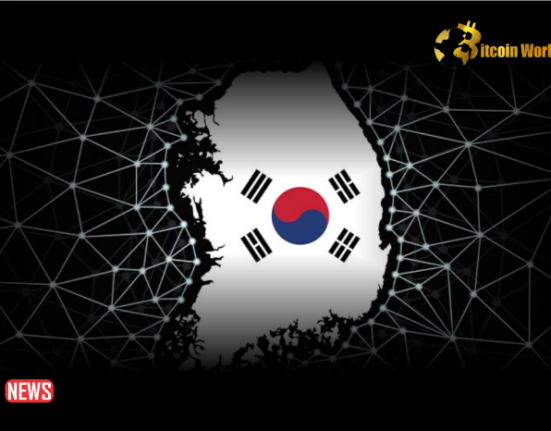In a time when digital innovation and financial advancement are converging, Worldcoin’s blockchain technology has sparked a heated debate about the delicate balance between transparency and personal privacy. While this new technology has the ability to combat fraud and money laundering, it is also raising concerns since it lays the path for unparalleled worldwide surveillance.
Worldcoin’s business model is documenting and tracking every transaction involving its currency on a public ledger accessible to authorized parties. While regarded as a defense against financial malfeasance, this transparency begs a disturbing question: at what cost does the world exchange personal privacy for security?
Recent events have highlighted the significance of these problems. Kenya, for example, froze Worldcoin activities within its borders until government agencies could confirm that there were no hazards to the general public. A committee was formed to study the project’s effects, with a 42-day deadline to deliver its conclusions.
Worldcoin, a product of OpenAI CEO Sam Altman, adds a new twist to the cryptocurrency world. The “Orb,” a hardware device capable of iris scanning, is required for human identity verification on the platform. According to the project’s website, these Orbs have received over 2.2 million registrations and are distributed in 400 sites throughout the world. Those who get their iris scanned receive 25 WLD tokens, the native cryptocurrency.
While Worldcoin promotes World IDs as a way to affirm individual humanity in the age of AI, the flip side appears to be a possible Pandora’s box of privacy violations. Every transaction, connected to a unique identifier such as retina scans, may allow governments and companies unprecedented access, monitoring, and regulation of financial activity.
Worldcoin’s centralized structure raises even more red flags. Power concentration in the hands of a few corporations or governments threatens to undermine personal privacy. If the initiative becomes a worldwide currency, the complicated web of transactions may be easily tracked and monitored by those in charge.
In a heated argument, critics and supporters of Worldcoin’s model clash. Transparency, proponents claim, can deter illicit actions such as money laundering and terrorism financing, while opponents raise worries about widespread surveillance. The massive amount of data collected under Worldcoin’s framework is regarded as a goldmine for data mining and profiling, with the ability to promote targeted advertising, alter customer behavior, and potentially encourage discriminatory activities.
Worldcoin’s objective looks to deviate from the cryptocurrency movement’s fundamental core. At its inception, Bitcoin promised emancipation from a teetering finance system, as well as freedom from centralized authority. In sharp contrast, Worldcoin is set to develop connections to centralized finance under the pretext of convenience, raising the question: is the sector on the verge of shifting from independence to more reliance?
As the world grapples with the implications of Worldcoin’s approach, the question lingers: will society accept the appeal of transparency, foregoing beloved privacy for security, or will it take a different road, one that retains the crypto revolution’s basic principles? The answer has the ability to change the entire fabric of the financial landscape we live in.














